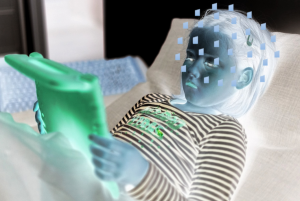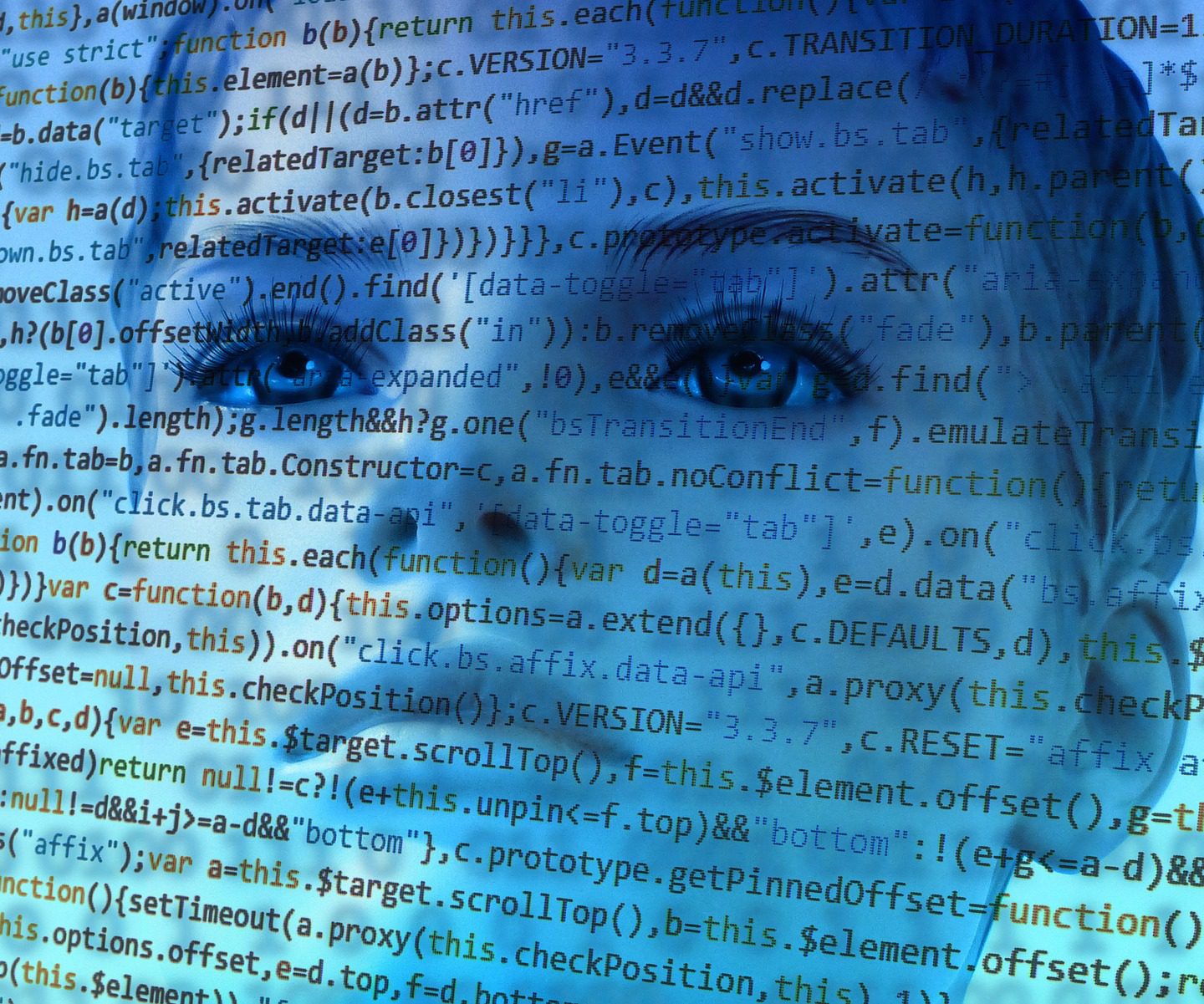Children, technology and parental dilemma
It was a quiet afternoon time, when I hear my husband talking with someone. While I was in the other room, seeing his phone charging, I started to wonder who is he talking with. It continued for a while, mingled with the sounds of music, and some other still unrecognizable noises to me. That day we welcomed a new member of the house – Alexa. I was not only surprised, but also a little bit confused, since I was still not even using voice assistant service on my phone, deftly writing messages with the keyboard. Did the colonization of my family has just begun? I cannot even express how later that day my kids were sprinkled with joy. Our new virtual assistant developed by Amazon thanks to AI technology became a hit for the next weeks in our family. From simple song playing of favorites, through question and answer sessions to playing hide and seek as a starting point of our new relationship…
While some of us might still think of artificial intelligence as something more of the SI-FI future, it actually is our reality for quite some time now. It is part of our daily life, and the life of our children. It is growing and spreading in the speed of light and we cannot stop it. However, the most concerning part is that the most impacted are the ones most vulnerable – children. Artificial technology is embedded in their toys, virtual devices such as Alexa or Siri, video games, it recommends which videos they should watch next or even who to be friends with. Is it worrying you? Do you even think about how it can affect the child’s mind? As a parent of 2 small kids, I recently became even more conscious about how we implement or rather equilibrate the use of technology in our family.
Of course I see a lot of benefits in the interaction with particular devices, especially the educational ones, which support child’s development, but what about the risks? At the end of the day it’s our responsibility to ensure that the development and deployment of technology, including AI is always in the best interests of children. Mainly because children in early years of their lives are growing and developing intellectually, emotionally and physically and they become most sensitive to what they interact with. In other words they are easily shaped and influenced, and we must safeguard them from the negative impacts.
Now, as a parent you want your children to be proficient in the technology, and certainly not to be an odd duck at school. A part of me certainly want them to be immersed in the digital world, and benefit from it. To be honest, sometimes it even allows me to keep sanity. However, I myself did not grew in the age of technology, and always wonder where should be the limit, how to balance the usage at home, and what other threats are out there. These are not the only questions that come on my mind. There are still the areas of manipulation, data privacy, children’s rights, just to begin with, which need people’s close attention.

This topic is relatively new, or maybe we are just too slow to act upon the change of reality. Only 3,5 weeks ago, on September 16th, UNICEF has released the draft of the Policy Guidance on AI for Children, and this is merely a set of recommendations aimed at the policymakers, government agencies, international organizations, as well as of course AI developers etc. The authors are seeking to open up a public discussion and gather feedback from all involved stakeholders, who are interested in or working in areas related to the fields of AI and children’s rights by October 16, 2020.
But is it just the top of the iceberg? Is it now even more relevant in the Covid-19 situation, where the screen time is extended due to on-line schooling? How to balance technology for kids during lockdown or a quarantine? Will the Policy Guidance on AI for Children directed at policymakers and the industry make a difference?
In the past 3 years more than 25 national strategies on AI have been published, and around 35 more are in different phases of development at the moment. It is, however, disappointing that majority of these, based on the UNICEF’s research, were only briefly mentioning children and their specific needs. Furthermore, the study shows that while the main efforts lie in the education area, too little attention is put on data protection, digital rights and child’s inclusion. Also the ethics and humanities were far more overlooked to the advantage of Science, Technology and Mathematics at schools, which makes me wonder about prioritization of children’s issues in those strategies.
I think that now more than ever we need to articulate and address the unique concerns related to AI for children. We must take actions now. Part of it is to make sure that the digital generation and their parents are aware of the threats, but the rest is to secure there are proper policies in place to protect them. Do you agree?
Are you a parent or have children in your surrounding? What is your opinion related to kids using the technology? Do you feel they are protected enough? What should be done to make the digital world a better and safer place for the kids?
References:
Artificial intelligence for children. Office of Global Insight and Policy, Uniceff

